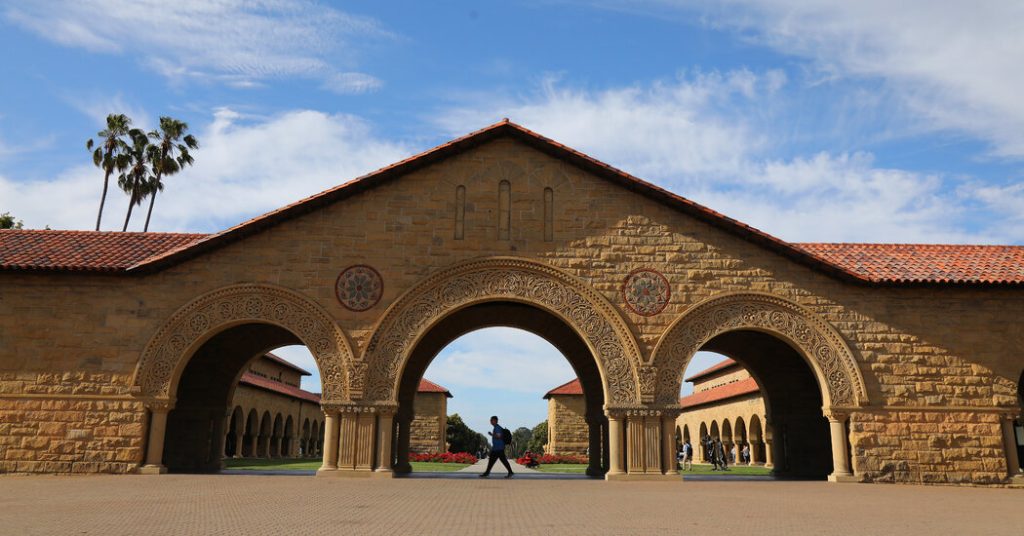Stanford University recently released two reports on campus culture, one focusing on antisemitism and the other on anti-Muslim bias. These reports revealed deep-seated issues on campus, with Jewish and Muslim groups experiencing significant tensions. The reports emerged in the aftermath of protests against Israel’s military actions in Gaza and pro-Israel counterprotests that occurred over the past academic year. Stanford faced challenges in balancing free speech rights with campus safety, such as when 13 pro-Palestinian protesters were arrested for barricading themselves in the president’s office.
The report on antisemitism highlighted various acts of prejudice against Jewish students, ranging from threats on social media to intimidation in classroom and residence hall settings. Jewish students reported feeling tokenized and pressured to denounce Israel, even if they were critical of the government’s policies. The hostile environment created by antisemitism at Stanford was damaging and pervasive, causing social injury to many individuals. Specific examples cited in the report included threatening messages against a student journalist, insensitive comments about the Holocaust, and religious symbols being vandalized.
On the other hand, the report on anti-Muslim bias detailed instances of Islamophobia and discrimination against Palestinian and Arab students on campus. These communities expressed feeling unsafe, unseen, and unheard by university leadership. The report highlighted a significant increase in incidents of prejudice over the past academic years, including assault, battery, and theft. Examples included threatening emails, inappropriate accusations from professors, and harassment of students displaying Palestinian symbols.
The reports revealed a “rupture of trust” between various student groups and university leadership, with Muslim, Arab, and Palestinian communities feeling marginalized and excluded. The reports also criticized Stanford for limiting free speech rights for pro-Palestinian students, creating what was described as a “Palestine exception” in the university’s commitment to free expression. The decisions made by the university were seen as diminishing the sense of equality, inclusion, and belonging for these communities on campus.
The reports were part of a broader effort by universities across the country to address issues stemming from the protests and counterprotests related to the conflict in Gaza. The divisions between Jewish and Muslim groups at Stanford appear to remain significant, with university president Richard Saller acknowledging the need for improvement in creating a welcoming and inclusive campus climate. Saller stated that the events of the past months have highlighted the work that needs to be done to achieve a campus environment that respects individuals of all backgrounds, beliefs, and viewpoints.


